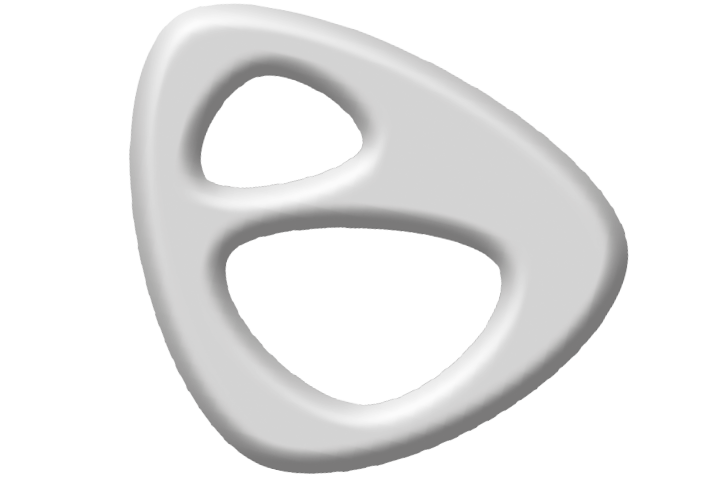A round-up of the latest prosecutions and health and safety myths from the HSE.
Fish and Chips Choking Death Results in Fine
A care home provider was fined £170,000 after a vulnerable resident choked to death on her fish and chips at the provider’s Chorley premises. The resident should only have been provided with pureed food, as she had swallowing difficulties which carried a risk of choking. Because she suffered from dementia and a neuron disease, the resident was not able to refuse the meal or recognise the danger in eating it. Members of staff were not told to monitor the resident’s eating habits, even though a specialist assessment had been carried out at the local hospital and sent to the care home provider.
Printing Firm’s Safety Failures Cause Finger Amputation
A national printing firm was fined £10,000 and ordered to pay £2,997 in costs after safety failings at its Leeds plant led to a worker’s partial finger amputation. The 55-year-old employee was hurt while attempting to remove a blockage from a magazine insert feeder machine. While he was still removing the debris, the machine unexpectedly started up again, slicing off part of his first finger. The HSE’s investigation revealed that the machine was not isolated from its power source and the firm’s insufficient safety measures did not prevent access to dangerous moving parts. The employee has since returned to work.
School Prohibits Hot Drinks on Trips
A girl was barred from bringing hot drinks on future school trips after her school told her father it has a no-hot-drink policy ‘due to health and safety’. The HSE Myth Busters Panel decided the school’s decision was yet another example of organisations conflating non-existent health and safety law with their own unnecessary policies.
Plasters Banned From First-aid Kit
After a supermarket employee in Lisburn cut her finger at work, a co-worker tried to find a plaster for her in the workplace first-aid kit, but there were none. When attempting to refill the plasters, the employees were told by their manager that, due to health and safety reasons like allergies, plasters were no longer allowed in the first-aid kit. The HSE panel ruled that it would be absurd to prohibit plasters from first-aid kits. To avoid an allergic reaction, simply ask the person if he or she is allergic before applying a plaster.








